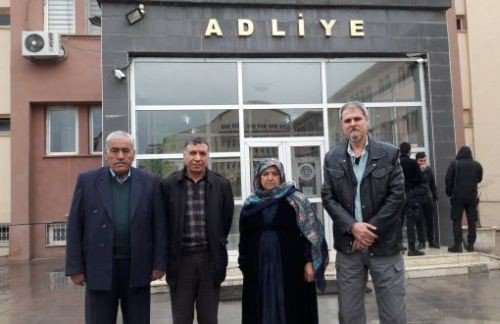Click to read the article in Turkish
Third hearing of trial of now-closed Dicle News Agency reporter Nedim Türfent being charged with "being a member of an illegal organization" will be held in Turkey’s southeastern Hakkari today (November 1).
Türfent is facing up to 22.5 years in prison.

Türfent will attend the hearing from Van Closed Prison via Audio and Visual Information System (SEGBİS). The hearing is followed by Free Journalists Initiative, Platform 24 representatives and journalists.
Türfent was taken before judge 13 months after his detention. 12 of 13 witnesses who had testified against Türfent rejected their testimonies they gave during the questioning, and it was stated that the testimonies were given under torture and threat.
What happened?
Nedim Türfent was detained in Van province on May 12, 2016. The reporters stated to be taken custody over an investigation launched into them have been sent to Edremit TEM (Anti-Terror) Branch Office.
DİHA reporter Nedim Türfent brought to Yüksekova by being prevented from meeting his attorney was arrested by the court on charge of “being member to [illegal] organization”. (EA/TK)





asa.jpg)

